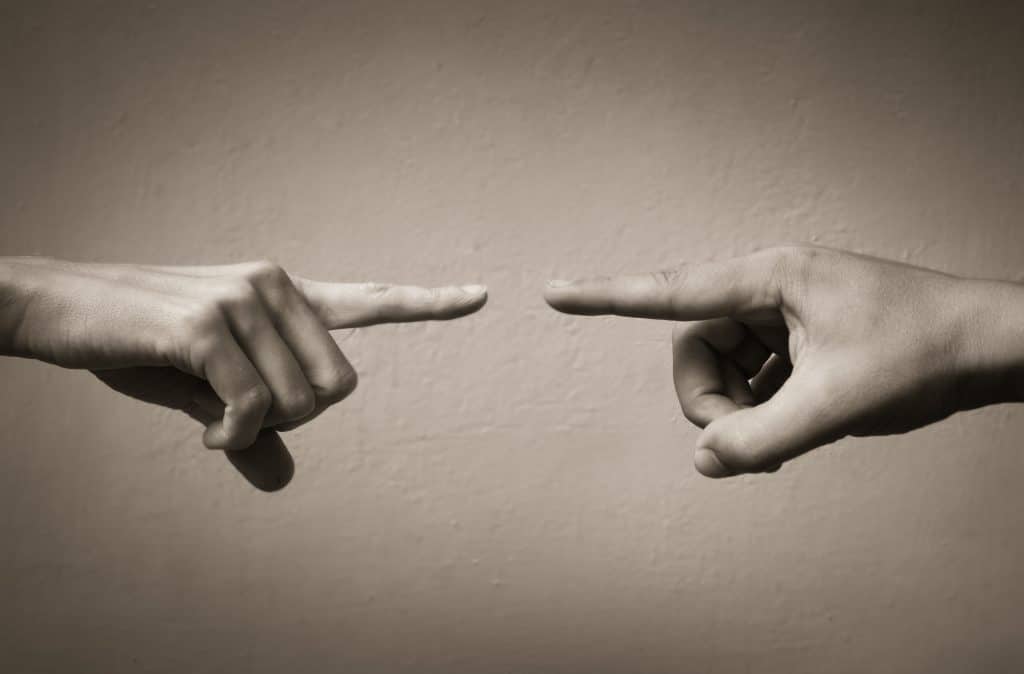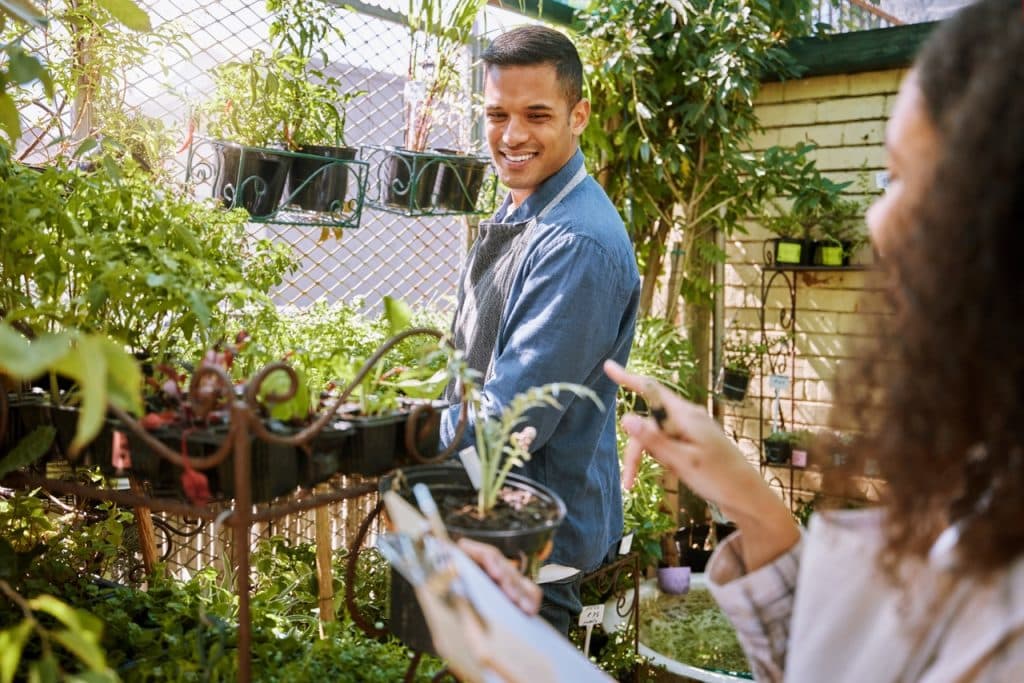Embarking on the heartfelt journey of self-improvement and deepening connections with those around us, we stumble upon a profound truth: the grace of admitting our mistakes is not just an act of humility but a crucial step towards genuine growth. At the heart of nurturing enduring, meaningful relationships lies the art of accountability. The glue binds trust, fosters clear communication, and cultivates a mutual respect that can weather any storm.
“self-serving bias,” a term coined by researchers in the 1960s and 70s, illuminates a common cognitive pattern. This bias sketches a common human tendency to claim the spotlight for our successes, attributing them to our personal virtues and hard work. Yet, when the shadow of failure looms, we often point fingers at external forces, circumstances, or individuals other than ourselves.

Although, at times, blame can appear to be a harmless self-protection strategy and can feel much easier than holding ourselves accountable, it prevents us from engaging in honest self-reflection.
Mistakes offer us valuable lessons, and by refusing to acknowledge them, we don’t allow ourselves to learn from them and may find ourselves repeating them. Recognising mistakes and failures as an unavoidable part of life allows us to accept and learn from our missteps. This acceptance is a powerful catalyst for growth and learning, paving the way for genuine progress.
The habit of attributing our errors to external factors does more than stunt our personal development—it can erode the very foundations of our relationships. Offloading our mistakes onto others, often without their knowledge, breeds resentment and skews our perception of those around us. This distortion affects how we interpret the actions of others and assess our own, impairing the essential elements of healthy, thriving relationships: transparent communication and mutual understanding.
How does blaming others affect our relationships?
Being unjustly blamed or shouldering a mistake not entirely yours can feel heavy. It’s an unsettling experience that tests our resilience and sense of fairness. It can be irritating, exasperating, or upsetting and often leads to strains in the relationship with the person casting the blame. None of us enjoy being unfairly accused or made to feel guilty for things that aren’t our fault.
Projecting our own mistakes or difficulties onto others can undermine trust. Over time, this can sow resentment and anger in our relationships.
How does blaming others affect us?
“Accountability, by definition, is a vulnerable process. It means calling you and saying that this hurt my feelings, and talking…. People who blame a lot seldom have the tenacity and grit to hold people accountable…. and it’s one reason we miss our empathy opportunity”. – Brene Brown
Blaming others can temporarily relieve the uncomfortable feelings associated with making mistakes. However, while this quick fix can temporarily alleviate discomfort, it can only lead to further distressing and unpleasant emotions and events, as the effects of refuting blame erode our connections with others.
Being vulnerable and open requires an act of courage.
Taking responsibility and owning up to where we went wrong, how it impacted others, and what we will do differently next time requires strength of character and honesty.
How to end the blame game
Modifying deep-rooted habits, such as blaming others, requires conscious effort. The methods used to unravel and reframe the underlying needs and fears behind the habit of blaming others are all centred around emotional growth and making positive changes.
- Build self-esteem. Blaming others comes from insecurity and an unwillingness to acknowledge our faults. By learning to embrace yourself wholly – your strengths and weaknesses – you teach yourself that those who love, respect and deserve to be around you will do the same.
- Mindfulness meditation. By learning to sit with and accept unpleasant emotions, you reduce your fear around them, which can help you to stop automatically trying to avoid them. Self-awareness can also help you to truthfully assess your thinking patterns around who you blame and reframe them honestly and accurately.
- Change your perspective on mistakes. For many of us, errors can feel like depictions of our character. We are not our mistakes, nor are we our successes. We are ourselves, and the things that happen to us, around us, or because of us are all opportunities to learn and grow. Accepting our mistakes undermines their power over us.
- Seek counselling. Individual and relationship counselling can provide a safe space to gain an understanding of the reasons behind why you find yourself blaming others and the impact this has on your relationships. A professional integrative counsellor can help you better understand yourself and determine how to make sustainable, positive changes.
- Focus on solutions. By adjusting your focus to centre the beneficial outcomes you can take from the situation, you create a positive association with mistakes instead of a negative one. What did you learn from your mistake? How will you use this experience to inform future situations?
Accountability in Relationships
In life’s journey, the path of relationship accountability is both transformative and enriching. By embracing our mistakes with open arms, we unlock the door to deeper connections, fostering an environment of trust, empathy, and mutual growth. This shift not only cultivates a culture of honesty and understanding but also paves the way for constructive communication and self-improvement. As we learn from our missteps and move forward with resilience and emotional intelligence, we empower ourselves and those around us.

The courage to accept responsibility is more than a mere act; it’s the foundation of building stronger, more meaningful relationships. It transforms us, enhancing our self-worth and equipping us to face life’s challenges confidently and gracefully. Remember that the power to create change lies within us, not in casting blame elsewhere. By taking accountability, we reclaim control over our lives, setting the stage for a future rich in growth, understanding, and genuine connection.
- About the Author
- Latest Posts
Co-founder and director of Leone Centre, 20+ years of experience supporting people, and offering valuable knowledge through Couples Counselling and Individual Counselling. Before becoming a therapist, I worked in the financial sector.

Get Started Today
with Leone Centre

BOOK NOW

Call us
020 3930 1007

View our therapists
Find your match


